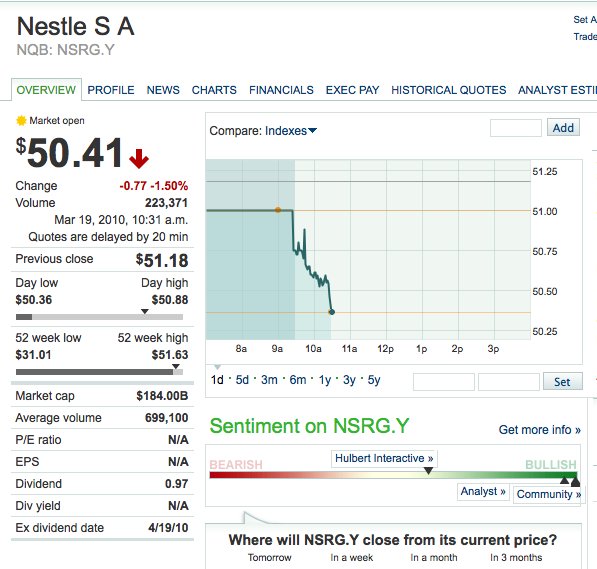
Photo credit mckaysavage
Despite a lot of talk and some high profile trials the day we have ubiquitous full Smart Grids is still a long way off.
I attended the Smart Grids Europe conference in Amsterdam this week.
It was a great conference, I met a ton of interesting people and had some fascinating conversations.
I can’t help feeling a little deflated though.
I’m a huge advocate of Smart Grids. I gave my first international talk about Smart Grids and demand side management (Demand Response) at the Reboot conference in Copenhagen back in early 2007. We are now a full three years later and many utility companies have yet to roll out smart meter pilot programs.
Others are rolling out smart meters more because of pending of legislative requirements than because of any desire help reduce people’s energy footprints.
In fact, after talking to more utility companies, I suspect that smart grids may not proceed beyond smart meter deployments in some regions. The recent Oracle survey of Utility CxO’s confirms this view
utilities executives put improving service reliability (45 percent) and implementing smart metering (41 percent) at the top of the list [of Smart Grid priorities]
So why the apparent passive aggressive response from the utility companies?
Well, they have to keep the lights on. To paraphrase the old saw, they do not want to ‘fix’ their grid, if it ain’t broke! And, let’s be fair, the idea of investing large sums of money to help their customers use less of their product isn’t one which sits comfortably with them. That’s understandable.
And no utility wants to have the kind of customer blowback that PG&E saw with their botched smart meter rollout in Bakersfield.
But there is a huge global imperative for Smart Grids – the Smart 2020 report said:
Smart grid technologies were the largest opportunity found in the study and could globally reduce 2.03 GtCO2e , worth ?79 billion ($124.6 billion).
How then do we square that circle?
We could legislate for them but a better approach would be to change the landscape in which the utility companies operate such that there is a business case for full smart grid deployments.
I suspect the best approach would be the introduction of a carbon tax. This is something we need to do anyway (and the mechanisms for doing so are a topic for a separate post) but if there were a tax on CO2 production, it would be in utility companies (and their customers) interests to cut back on energy consumption.
Even if there were a strong business case for smart grids, given the glacial speeds at which utility companies move, I suspect it is going to be many years before we see full smart grid implementations.






